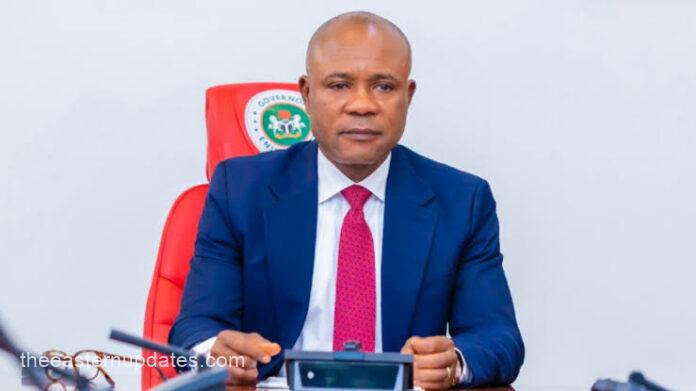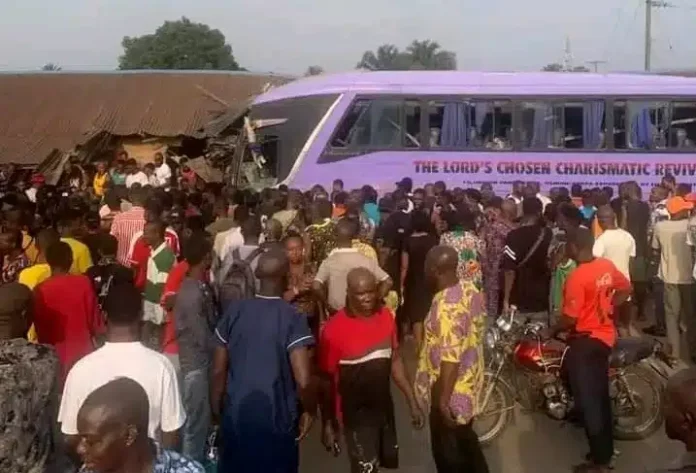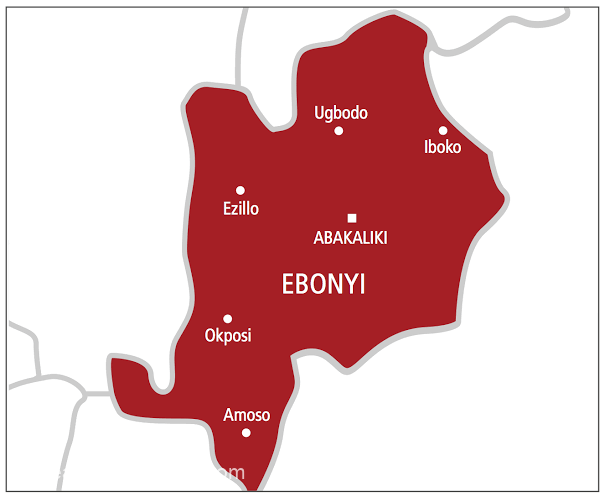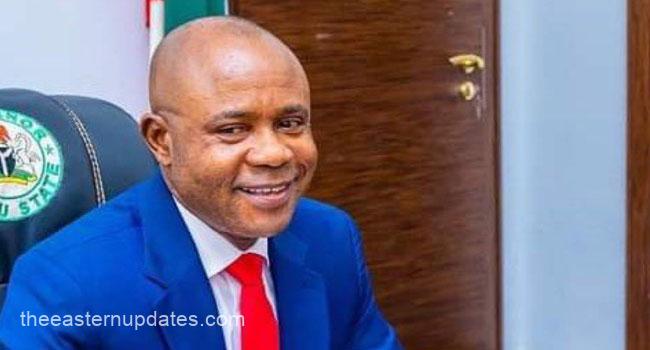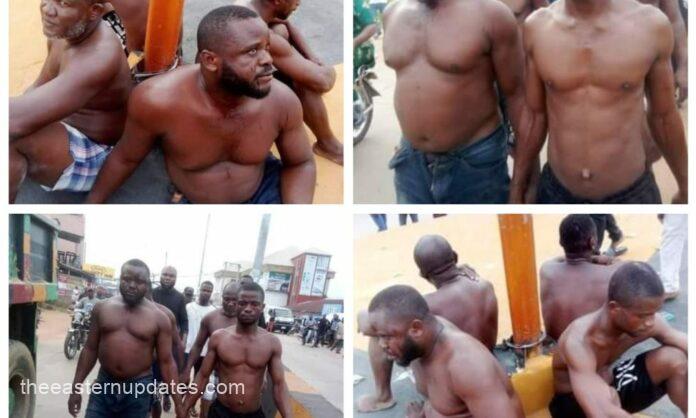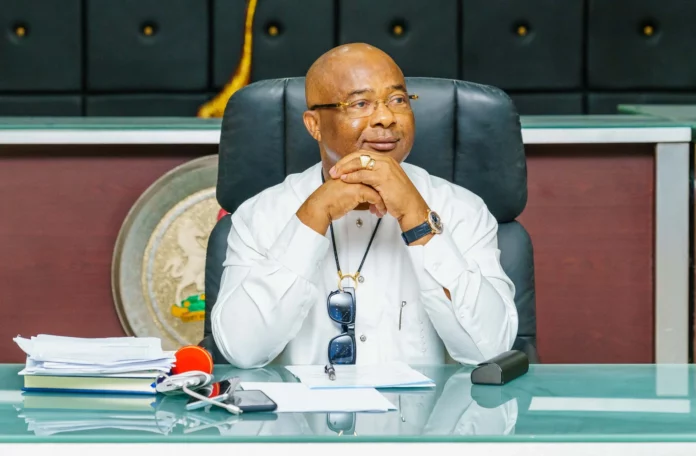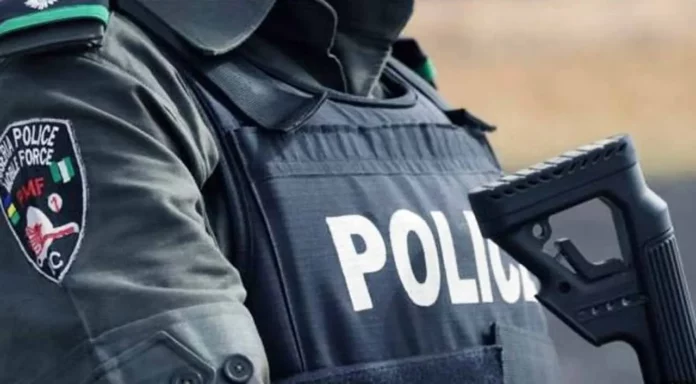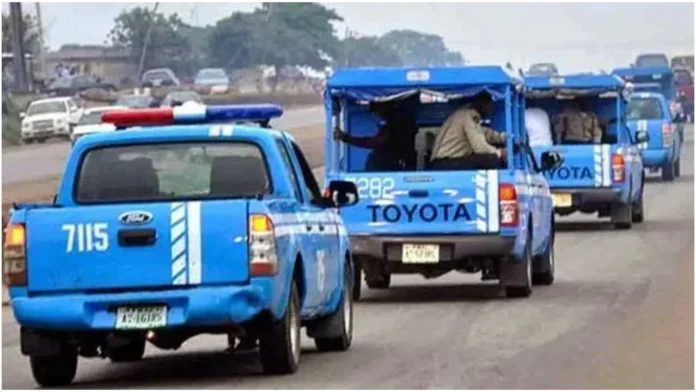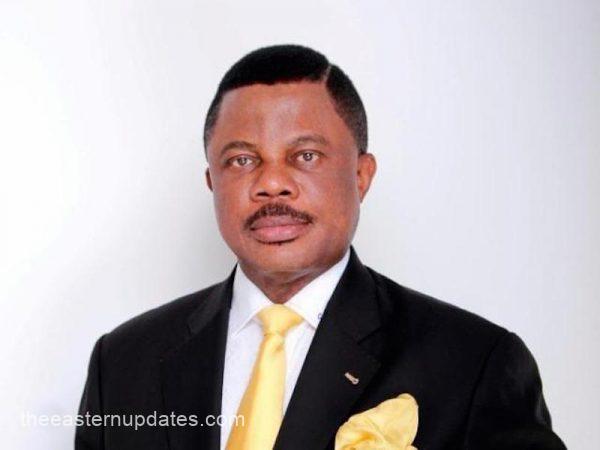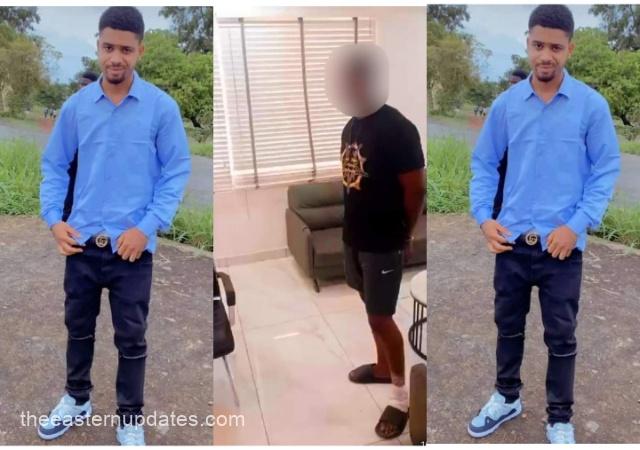The Enugu State Government asserts its zero-tolerance policy towards any form of overpricing or coercion of electricity consumers by the Enugu Electricity Distribution Company (EEDC).
Governor Peter Mbah cautioned on Thursday during the kick-off of a three-day assembly dedicated to addressing customer grievances, orchestrated by the Nigerian Electricity Regulation Commission (NERC) in Enugu.
Mbah, through the Secretary to the State Government, Prof Chidiebere Onyia, emphasized that electricity is a commodity with associated expenses, stressing the importance of equitable and economically sound pricing for all involved parties.
“I urge NERC not to derail on the steady and quality power supply according to the band classifications,”
According to him, the state government is committed to ensuring that people have access to electricity services in the state.
The governor said that the government was currently studying underserved and unserved communities and would soon constitute the management of the newly established Enugu State Electrification Agency.
Read also: Our Target Is To Pay Salaries Without Relying On FAAC – Mbah
“Enugu State is poised to catalyze the economic growth of the South-East through a cost effective and efficient power supply to grow our Small and Medium Enterprises (SMEs) and industries among others.”
While commending NERC for organising this event, the governor charged the regulatory body to endeavour to resolve most of the challenges faced by customers as complained by them.
He mentioned that the government had initiated discussions with developers and investors keen on establishing power generation facilities through the willing-buyer and willing-seller commercial arrangement.
Mbah pointed out that upon its finalization, it would fuel economic and industrial growth in both the state and the wider South-East area.






















